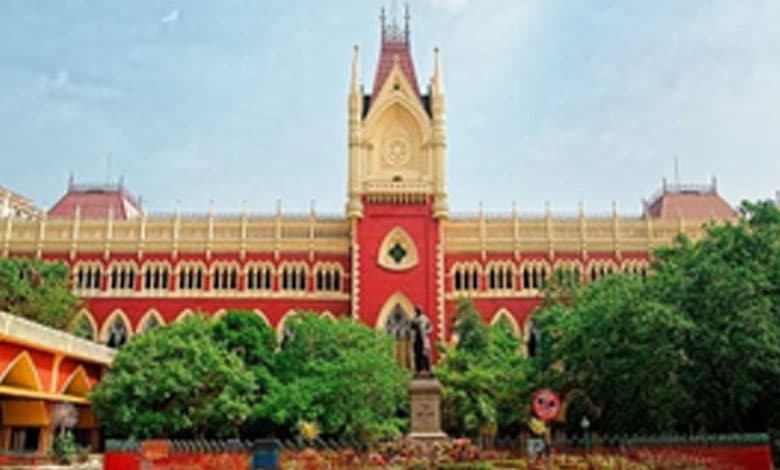RG Kar Tragedy: Calcutta High Court’s Chief Justice Recuses Himself from PIL Against Former Kolkata CP
Calcutta High Court's Chief Justice T.S. Sivagnanam recuses himself from hearing a PIL against former Kolkata Police Commissioner Vineet Kumar Goyal in the RG Kar tragedy case. The case will now be assigned to another division bench.

Kolkata: In a significant legal development, Calcutta High Court’s Chief Justice T.S. Sivagnanam has recused himself from hearing a Public Interest Litigation (PIL) filed against former Kolkata Police Commissioner Vineet Kumar Goyal.
The case is related to the brutal rape and murder of a junior doctor at the state-run R.G. Kar Medical College & Hospital in August 2024. The tragedy sparked nationwide outrage, prompting multiple legal and investigative actions.
Table of Contents
Chief Justice Recuses Himself from PIL Hearing
As the case came up for hearing before the division bench, comprising Chief Justice T.S. Sivagnanam and Justice Chaitali Chatterjee, on Thursday, the Chief Justice expressed his decision to step down from presiding over the matter.
While no explicit reason was provided, he cited personal grounds for his recusal. Following this decision, the court administration was instructed to remove the case from the cause list designated for the division bench headed by him.
With the Chief Justice stepping away, the PIL will now be reassigned to another division bench for further proceedings. Legal experts believe that this could potentially delay the case but ensures impartiality in its adjudication.
Background: PIL Against Former Kolkata Police Commissioner
The PIL was filed in November 2024 amid widespread protests and demands for justice following the heinous crime at R.G. Kar Medical College & Hospital. The petition sought criminal action against Vineet Kumar Goyal, who was the Kolkata Police Commissioner at the time.
The petitioner accused Goyal of violating legal provisions by revealing the identity of the victim during media interactions, an act that constitutes a serious breach of privacy and ethical law enforcement norms.
The division bench, then led by Chief Justice Sivagnanam, directed the Union Department of Personnel & Training (DoPT) to be included as a party in the case. The court sought an official affidavit from the DoPT regarding the possible actions that could be initiated against an Indian Police Service (IPS) officer found guilty of violating legal provisions.
Union Government’s Stand on the Issue
The Union government, in response to the High Court’s directives, clarified in its affidavit that the West Bengal government has full authority to take legal action against Vineet Kumar Goyal. The government also noted that if the state fails to act, the petitioner retains the right to file a fresh appeal, urging intervention by the central authorities.
Transfer of Investigation to CBI
The investigation into the R.G. Kar Medical College tragedy was initially handled by Kolkata Police, but serious allegations of a lackluster approach and deliberate mishandling led to the case being transferred to the Central Bureau of Investigation (CBI). The transfer followed strong criticism from both the Supreme Court and the Calcutta High Court over procedural lapses and the failure to maintain the confidentiality of the victim’s identity.
Public and Legal Outrage Against Vineet Kumar Goyal
Since the early days of the case, there has been substantial criticism directed at Vineet Kumar Goyal for the initial failure to conduct a thorough investigation. Protests by junior doctors and various civil society groups intensified, demanding his removal from office. The pressure eventually led to Goyal being replaced by Manoj Kumar Verma as the new Kolkata Police Commissioner. Currently, Goyal holds the position of Additional Director General of the West Bengal Police’s Special Task Force (STF).
Next Steps in the Legal Battle
With Chief Justice Sivagnanam recusing himself, the focus now shifts to the reassignment of the case to a new division bench. Legal observers believe that the case will continue to hold significance as it raises critical questions about police accountability, legal ethics, and the protection of victims’ rights in sensitive criminal investigations.
The outcome of the PIL will also set a precedent regarding the responsibility of law enforcement officials in handling high-profile criminal cases and their obligations under the law to protect victims’ identities.
